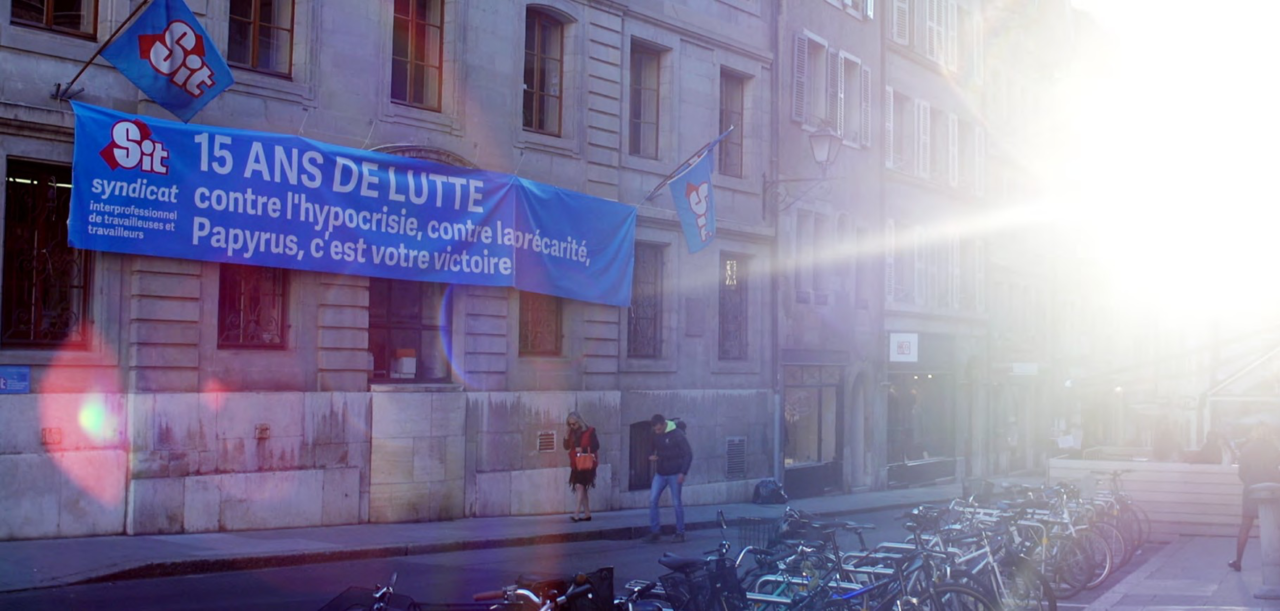Spotlight on Swiss cinema: a local window into human rights issues
The Geneva-based FIFDH plays an essential role in preserving and promoting Switzerland’s cinematic heritage by showcasing films that are socially conscious and thought provoking.
The Festival reminds us that human rights issues also arise in Geneva and in Switzerland. Home to numerous international organisations, the City of Calvin is a crossroads where discussions around global human rights issues take shape. The Festival is the place where local realities meet global concerns, a crucial intersection from an educational point of view.
The following list of films, presented in previous editions of the educational programme, highlights the remarkable achievements of Swiss filmmakers while addressing universal human rights issues. These films remind us that cinematic storytelling has the power to raise awareness, inspire and spark debate. They embody the idea that, even in a country as prosperous as Switzerland, crucial issues of justice, fairness and human dignity require close scrutiny.

Opération Papyrus by Béatrice Guelpa and Juan José Lozano (2019): An unprecedented human adventure, that of the pilot project to regularise the situation of tens of thousands of undocumented migrants in Geneva.

Elles, les (in)visibles by Maevia Griffiths (2021): The life stories of four undocumented women domestic workers in Geneva, between clandestinity and marginalisation.

L’étincelle (The Spark) by Valeria Mazzucchi and Antoine Harari (2021): A film about citizen mobilisation in the Notre-Dame-des-Landes Zone à Défendre (ZAD).

Lettres Ouvertes by Katharine Dominice (2023): In a series of open letters, former migrant workers in Geneva and their children recount the impact the seasonal permit system has had on their lives.
The film will only be available on our platform in September 2024. In the meantime, we are available to organize an aula screening at your establishment.

Je suis Noires by Rachel M’Bon and Juliana Fanjul (2021): In this deeply moving film, black women denounce systemic racism in Switzerland and recount their quest for identity in a country that otherwise seems so tolerant.
The film will only be available on our platform in September 2024. In the meantime, the NWAR team or their partners will be offering screenings and presentations at your school.
Engaging with this selection of Swiss films will enrich your students’ understanding of the world from a local perspective and will enable them to discuss the subject of human rights, both in Geneva and on a global scale.